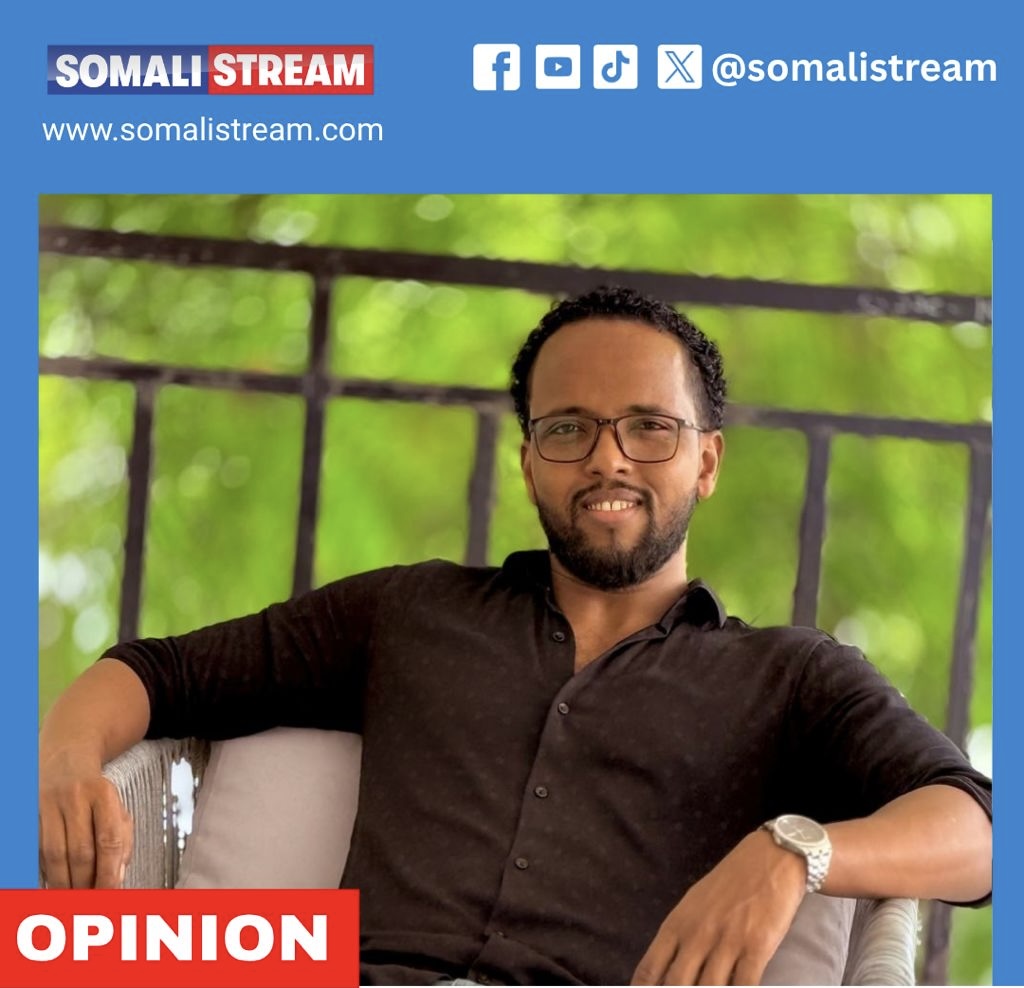Mohammed Hirmoge
Just last week, the White House used a classical Somali song in one of its TikTok videos, a montage featuring Democratic senators and congressmen, apparently as a political jab at the opposition. This came amid heated debates on immigration and a U.S. government shutdown.
In the same week, the U.S. president traveled to Israel to oversee peace efforts and even addressed the Knesset, where he urged the Israeli president to pardon Netanyahu.
The White House might have borrowed the Somali song for a fleeting political moment, even as part of it’s jibe at the Democrats, but Somali poetry carries meaning that cuts far deeper than satire.
Take, for instance, this verse that feels all too relevant to the times we live in, from Ukraine to Gaza:
Alleylehe Belaayooy
Ninka xoog ku baanee
Badi sheeganaayee
Is bidaa lib kugu waa.
Allaylehe Belaayooy
Baroor noqotay guushaa.
To paraphrase this timeless sage, Mohamed Ali Kaariye, legendary songwriter and poet, personifies the very essesnse of disaster, and decries;
Indeed, the one who boasts beyond his worth,
Who seizes by force, who mistakes arrogance for triumph.
Oh Trouble,
Your victories are often tears.
In the 1970s, long before Somalia’s descent into chaos, and before the African Union’s “Silencing the Guns initiative, Kaariye raised a poetic alarm. His lyrics, steeped in metaphor and moral clarity, warned against unchecked power, false pride, and the illusion of victory built on violence.
Obviuosly, Somalia didn’t listen, and still reels from decades of civil war and lawlessness, but the truth is that music is timeless.
Kaariye’s verse “Alleylehe balaayooy” is not merely a lament. It is a prophecy. It speaks to a cycle we’ve seen unfold across the Horn of Africa and beyond, where force masquerades as leadership, and triumph is declared even as communities fracture.
He begins his ode in a calm, almost questioning monotone, probing the choices men make. He imagines the folly of one who lives in peace yet stirs chaos for its own thrill. He calls such a man a rascal. Then, in life’s eternal contrast, he turns to the one who flees at the first sign of trouble, a coward, he says.
“Alleylehe balaayooy, la isku baray daraadaa!”
Oh Trouble! It is through you that we come to know each man’s true character.
The African Union’s “Silencing the Guns” initiative is one of the flagship project under its Agenda 2063 that aims to end all wars, civil conflicts, and gender-based violence in Africa. Launched in 2013 with the goal of ending conflicts by 2020, of course a timeline-in hinsight- that was a little too ambitious.
Kaariye’s genius lies not only in his mastery of verse but in his ability to mirror the moral fabric of a nation, reminding us that in every age, disaster reveals character, and art remains the conscience of society.
As disaster unfolds in Gaza, and hopes of lasting peace remain bleak, the White House ought to have used this song ahead of Trump’s visit to the Middle East, not for political theatre but as part of it’s peace mission.
Mohamed Hirmoge is a journalist who formerly served as CGTN’s Horn of Africa correspondent and later as a strategic communications advisor in the Office of the President.


